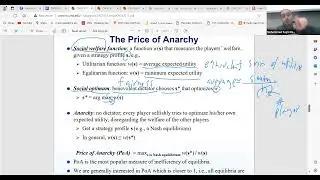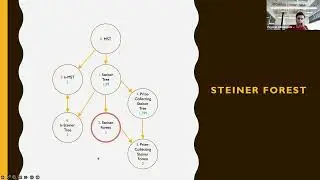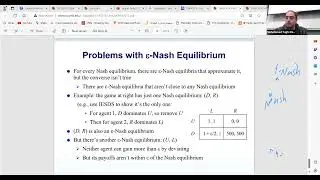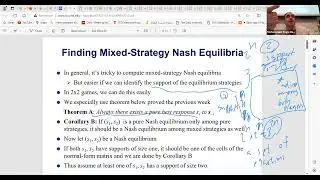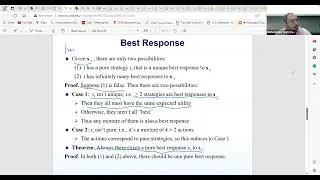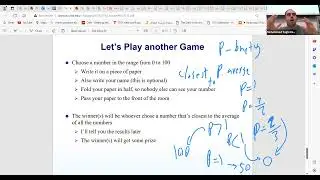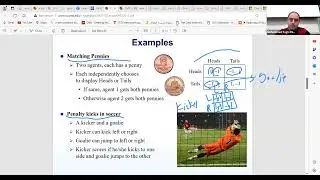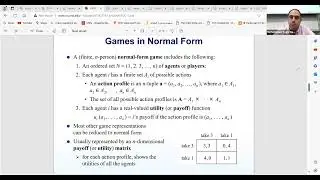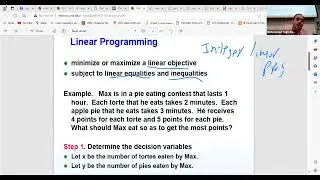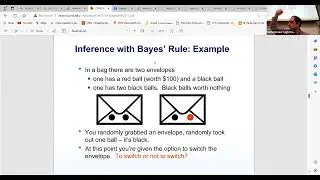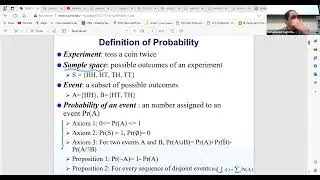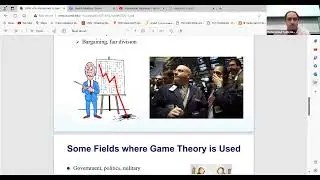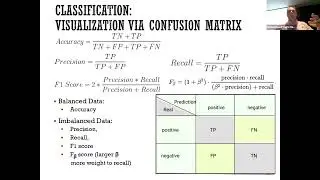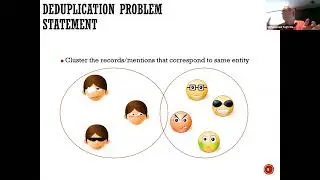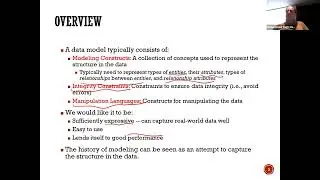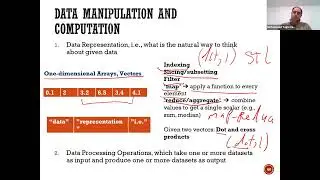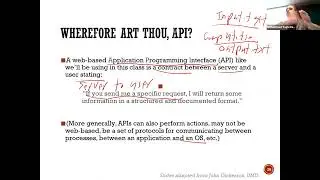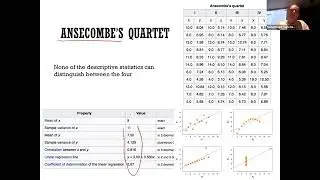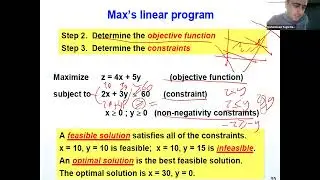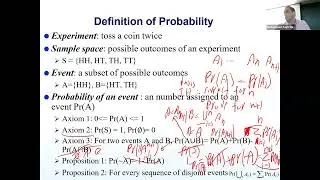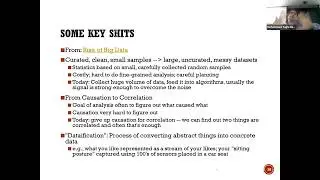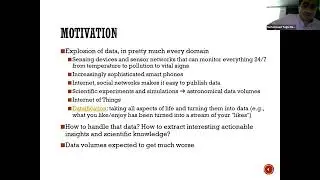Lesson 4: Computational Game Theory by Mohammad Hajiaghayi: Introduction to Linear Programming
In this session, we talk about introduction to Linear Programming, another important concept in game theory. So far, we delved into the foundational aspects of computational Game Theory, emphasizing its significance across various fields such as finance and social sciences. Game Theory isn't just about understanding strategic interactions but also involves computational methods to solve real-world problems. For example, in the stock market or advertising, companies utilize algorithms based on Game Theory principles. This combination of Game Theory and computational skills is essential for tasks like automated trading and auction design. The ability to integrate these theories with computational tools enables us to tackle complex problems efficiently and effectively.
We also explored the role of probability in Game Theory. Since most strategic decisions involve uncertainty, understanding probabilistic models is crucial. We discussed how almost every aspect of Game Theory, except deterministic games like chess, involves probabilistic reasoning. Concepts like randomized strategies in normal form games highlight the necessity of grasping probabilistic outcomes. Our discussion covered the space required for inputting game data into computational models, underscoring the importance of formalizing games for computational processing. This foundational knowledge prepares us for more advanced topics in Game Theory.
Additionally, we introduced linear programming (LP) as a powerful tool in computational problem-solving. Linear programming is vital for optimizing various scenarios, from business operations to algorithm design. We discussed practical applications of LP in companies like Amazon and how it is used to solve optimization problems efficiently. Tools like Python's PuLP library allow for the easy formulation and solving of LP problems. Understanding how to implement and utilize LP in practical situations gives us a significant edge, as it enables the solving of complex problems that are critical in both academic and industrial settings. This knowledge expands our capabilities beyond traditional Game Theory applications, offering a broader perspective on problem-solving in computer science.
#GameTheory, #ComputationalGameTheory, #StrategicAgents, #ComputationalStrategies, #SelfishAgents, #Probability, #StrategicDecisions, #LinearProgramming, #Optimization, #PythonPuLP, #MathematicalModeling, #ProblemSolving, #AdvancedComputing,#Mathematics, #Algorithms








